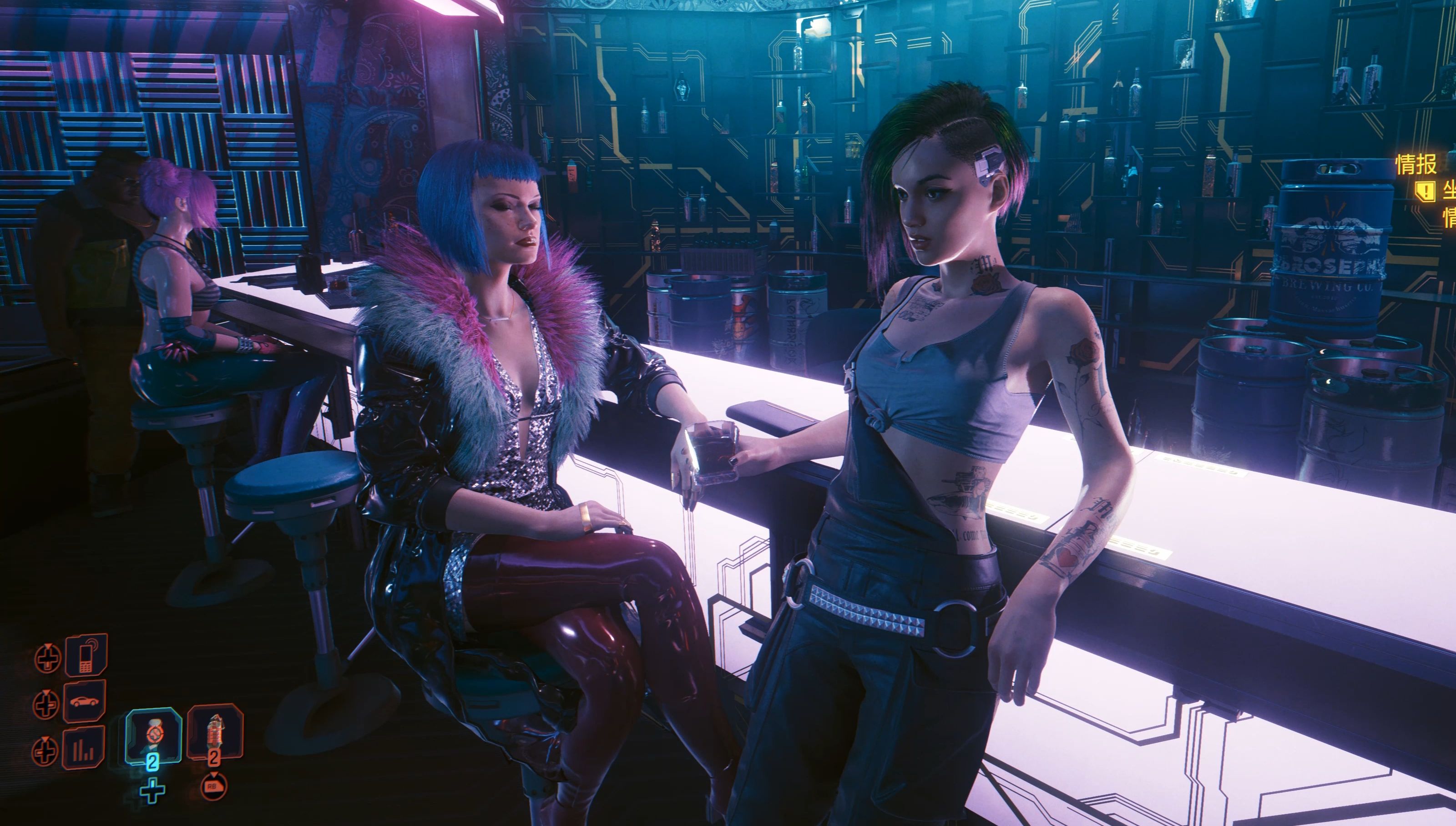The Witcher 2: Assassins of Kings Score – Sequential Improvement
Introduction
The Witcher 2: Assassins of Kings (2011), developed by CD Projekt Red, is widely regarded as one of the most ambitious and narratively rich RPGs of its time. While its predecessor, The Witcher (2007), laid the foundation for Geralt of Rivia’s dark fantasy world, The Witcher 2 refined nearly every aspect—combat, storytelling, player choice, and visual fidelity—to create a more polished and immersive experience. This article explores how The Witcher 2 improved upon its predecessor, analyzing its gameplay mechanics, narrative depth, and technical advancements, ultimately setting the stage for The Witcher 3: Wild Hunt (2015).
Gameplay Evolution: From Clunky to Refined
Combat System Overhaul
One of the most significant criticisms of the first Witcher game was its clunky, rhythm-based combat system. While it had a unique approach, it often felt unresponsive and repetitive. The Witcher 2 addressed this by introducing a more action-oriented combat system, incorporating dodging, parrying, and quick attacks.
- Tactical Depth: Players now had to consider positioning, enemy types, and stamina management.
- Alchemy & Signs: Potions and magic (Signs) were streamlined, making them more intuitive yet still essential for higher difficulties.
- Dual-Targeting System: Unlike the first game, The Witcher 2 allowed players to lock onto enemies manually, improving precision in combat.
Branching Narrative & Consequences
The Witcher 2 took player choice to new heights by introducing a mid-game decision that split the story into two entirely different paths (Iorveth’s Scoia’tael or Roche’s Temerian loyalists). This branching structure was far more impactful than the first game’s moral dilemmas, where consequences were often delayed or subtle.
- Political Intrigue: The game’s focus on warring factions and political betrayal made choices feel weighty.
- No Clear "Good" or "Evil": Like its predecessor, The Witcher 2 avoided binary morality, forcing players to navigate morally gray decisions.
Visual & Technical Leap
Graphics & Art Direction
While The Witcher was visually impressive for its time, The Witcher 2 was a generational leap. Powered by the new REDengine, the game featured:
- Dynamic Lighting & Shadows: Enhanced realism in dungeons and outdoor environments.
- Detailed Character Models: Facial animations and armor designs were significantly improved.
- Cinematic Presentation: Cutscenes were more fluid, with better camera work and voice acting.
Performance & Optimization
Despite its graphical prowess, The Witcher 2 was notoriously demanding at launch. However, subsequent patches and the Enhanced Edition (2012) fixed many issues, including:
- Better Stability: Reduced crashes and improved load times.
- Console Adaptation: The Xbox 360 version, while visually downgraded, maintained the core experience.
Soundtrack & Atmosphere
Composer Adam Skorupa returned to score The Witcher 2, building upon the Slavic-inspired melodies of the first game while introducing more orchestral depth. Tracks like "The Path of a Kingslayer" and "Vergen by Night" enhanced the game’s dark, immersive tone.
- Ambient Sound Design: Forests, taverns, and battlefields felt alive with environmental audio.
- Voice Acting Improvements: While The Witcher had uneven voice work, The Witcher 2 featured stronger performances, particularly Doug Cockle’s Geralt.
Legacy & Influence on The Witcher 3
Many of The Witcher 2’s innovations directly influenced The Witcher 3: Wild Hunt.
- Open-World Foundations: Though The Witcher 2 was still linear, its large hub areas (Flotsam, Vergen) hinted at the open-world design of the sequel.
- Enhanced Dialogue & Side Quests: Side missions were more engaging, a trend that The Witcher 3 perfected.
- Mature Storytelling: The game’s willingness to tackle complex themes (racism, war, betrayal) set a benchmark for future RPGs.
Conclusion
The Witcher 2: Assassins of Kings was a crucial stepping stone in CD Projekt Red’s evolution. By refining combat, deepening narrative choices, and pushing technical boundaries, it not only surpassed its predecessor but also laid the groundwork for one of the greatest RPGs ever made—The Witcher 3: Wild Hunt. While it had some flaws (steep difficulty spikes, occasional pacing issues), its ambition and execution cemented its place as a classic. For fans of dark fantasy and player-driven storytelling, The Witcher 2 remains an essential experience.
















